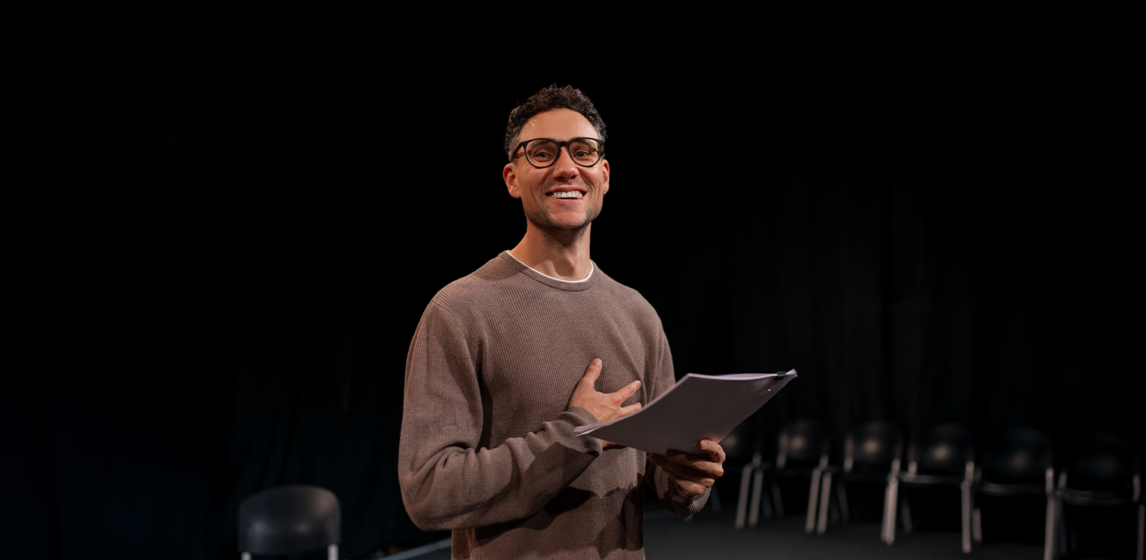Photo by Timon Studler
Yesterday I caught an article detailing a fascinating chronicle of an unlikely justice-seeker’s journey in the academic research realm. ((Ryan Blitstein, “Racism’s Hidden Toll,” Miller-McCune, June 15 2009.)) The University of Michigan’s Arline Geronimus has given her 30-year career to understanding the health impact of racial disparity in the U.S., the bottom line (according to Geronimus) basically being that being black in a white-dominated society is directly linked with numerous health problems and early death. Here’s an excerpt from the online article:
The more results Geronimus produced, and the more she read, the more she began to agree with the radical notion that it wasn’t anything inherent to their race that made black people sick—it was being black in a racist society. The phrase “racism kills” would be a vast oversimplification of Geronimus’ ideas, but the way she describes it, racism is a fundamental cause of health disparities. The intolerance may be overt—several studies document high blood pressure and preterm labor among victims of discrimination. It might also be structural or societal, keeping even middle-class blacks in crime-ridden, environmentally poisonous neighborhoods.
One of the biggest takeaways for me aside from this highly-persecuted researcher’s findings (though they have given me a lot to chew on), is the underlying presumption she’s been trying to unearth, one that folks like Dan Hodge have continually pushed us to try to grapple with here at FYI: that white middle/upper-class dominant-culture Americans don’t always see and understand everything we think we see and understand about non-white minority-culture Americans (or anyone else for that matter). In other words, arrogance undergirds much of our research and policy. And we often have no idea that we’re even acting out of arrogance. We’ve simply spent a lot of time asking the wrong questions of the wrong people.
Or perhaps looking in the right direction with the wrong assumptions.
I’m saying “we” because I implicate myself in the problem as a white American. It’s similar to what Michael Emerson and Christian Smith describe in Divided by Faith: Evangelical Religion and the Problem of Race in America—mainly that white evangelical Christians in the U.S. simply don’t see the depth of systemic racism in our culture and our faith because we operate with a whole different toolbox of assumptions. But just because we can’t see it doesn’t make it any less of an injustice. And if Geronimus is right, it’s an injustice that ultimately kills our very neighbors and fellow believers.
Lord, whatever our race, may we have new eyes to see the ways we unintentionally participate in racial injustice every day—and the courage to change our ways.
More From Us



Sign up for our email today and choose from one of our popular free downloads sent straight to your inbox. Plus, you’ll be the first to know about our sales, offers, and new releases.




